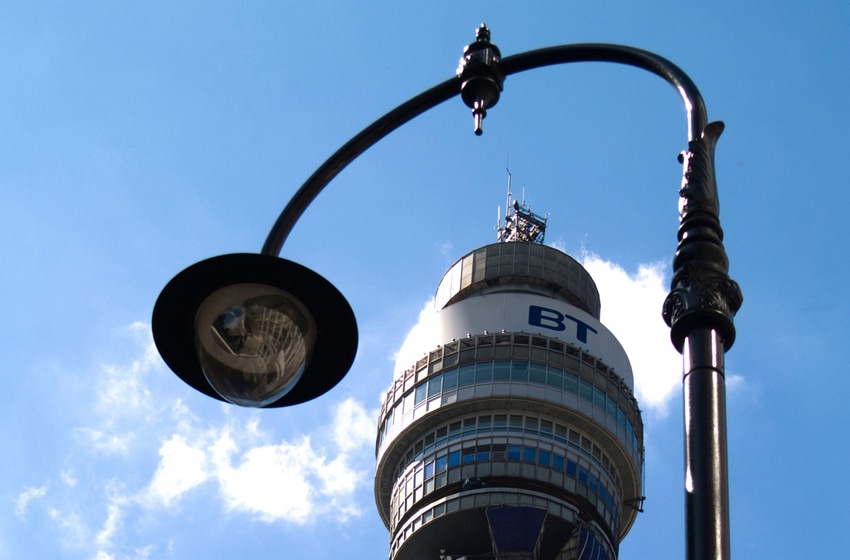BT and its partner in quantum crime-fighting Toshiba have laid claim to launching the world's first quantum secured metro network.
April 27, 2022

BT and its partner in quantum crime-fighting Toshiba have laid claim to launching the world’s first quantum secured metro network.
They have signed up EY to be their guinea pig in a live commercial trial, in which the consultancy will use the network to securely connect and share data between two of its London offices – one in Canary Wharf, the other near London Bridge. If all goes well, the trial should help BT attract the calibre of client – think multinational enterprises and government departments – that have the most stringent of security requirements.
Indeed, EY’s UK and Ireland managing partner for technology, media and telecoms, Praveen Shankar, said similarly that the trial “will allow us to demonstrate the power of quantum to both EY and our clients.”
In a quantum secure network, data is protected using quantum key distribution (QKD): a hardware system that enables the sender and receiver to generate and share a secret random key, one that is impossible to intercept without being detected.
For some reason though, BT and Toshiba are also combining this QKD technology with existing Ethernet security technology based on public-key encryption. They didn’t explain why they need to incorporate it, and it begs the question why use security tools that will be rendered obsolete following the advent of quantum computing? To a lay person it sounds akin to a racing car towing an old van behind it, but BT and Toshiba probably know what they’re doing.
“Quantum-enabled technologies are expected to have a profound impact on how society and business operates in the future, but they are remarkably complex to understand, develop and build: in particular, ensuring that the end-to-end service designs meet the stringent security requirements of the market,” said BT CTO Howard Watson, in a statement on Wednesday. “I’m incredibly proud that BT and Toshiba have successfully united to deliver this unique network, and with EY as our first trial customer, we are paving the way for further commercial explorations for quantum technologies and their use in commercial, and societal applications in the future.”
Wednesday’s trial launch comes a little over six months after BT and Toshiba revealed plans to build their quantum secure metro network in London. The two have been experimenting with quantum technology together for years, with various tests carried out in Bristol, Cambridge and BT’s Adastral Park lab. Towards the end of last year, Toshiba announced a breakthrough that saw it incorporate the various pieces of kit that make up its QKD and quantum random number generator (QRNG) system onto a single semiconductor. For its part, last September BT revealed it was experimenting with QKD over hollowcore fibre.
“Both Toshiba and BT have demonstrated world-class technology development and leadership through decades of innovation and operation,” said Shunsuke Okada, corporate SVP and chief digital officer at Toshiba, on Wednesday. “Combining BT’s leadership in networks technologies and Toshiba’s leadership in quantum technologies has brought this network to life, allowing businesses across London to benefit from quantum secured communications for the first time.”
One might ask if all this is strictly necessary. After all, while it is true that a quantum computer could easily crack today’s encryption methods, it is also true that nobody interested in doing that sort of thing currently has access to a quantum computer, and probably won’t for some time to come.
However, that’s not the point when you consider some of the more sophisticated cyberattacks orchestrated by state-sponsored actors, targeted at critical infrastructure such as power grids. Regardless of when or whether quantum computers replace their binary forebears, there is still an obvious practical benefit to using the technology to upgrade the security of communications and data to guard against today’s threats.
Get the latest news straight to your inbox. Register for the Telecoms.com newsletter here.
About the Author(s)
You May Also Like








.png?width=300&auto=webp&quality=80&disable=upscale)


_1.jpg?width=300&auto=webp&quality=80&disable=upscale)


.png?width=800&auto=webp&quality=80&disable=upscale)